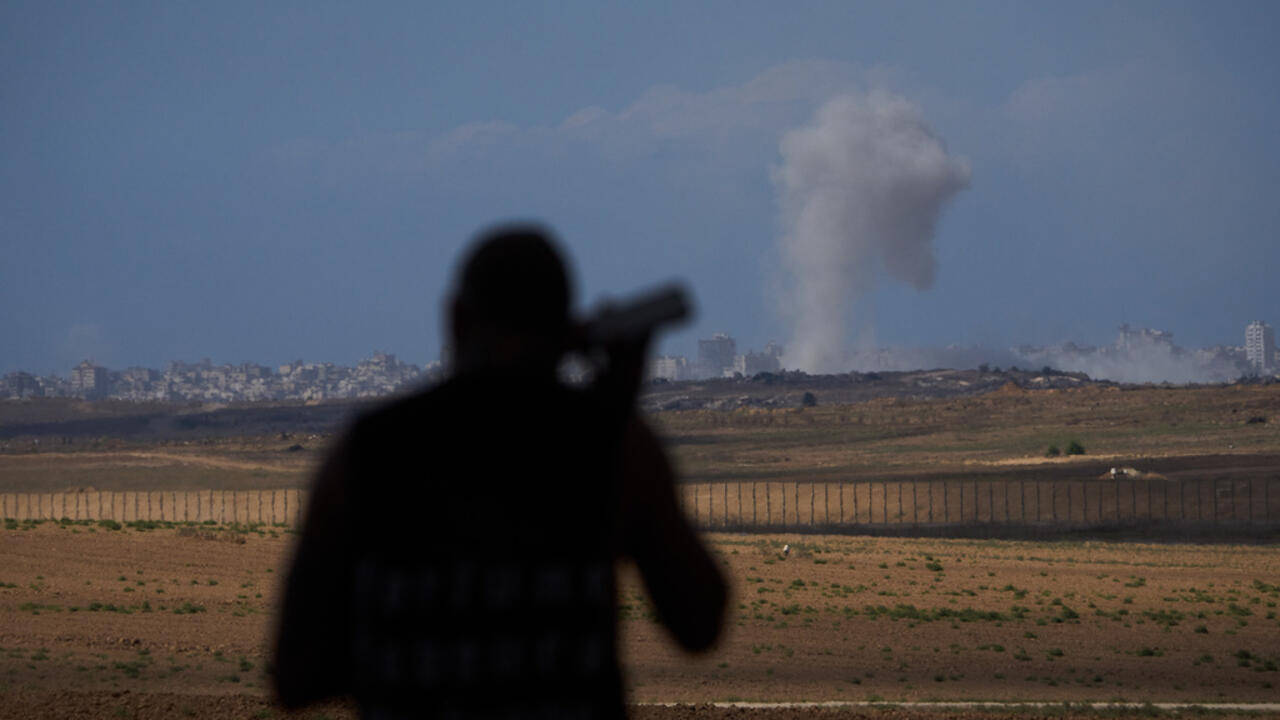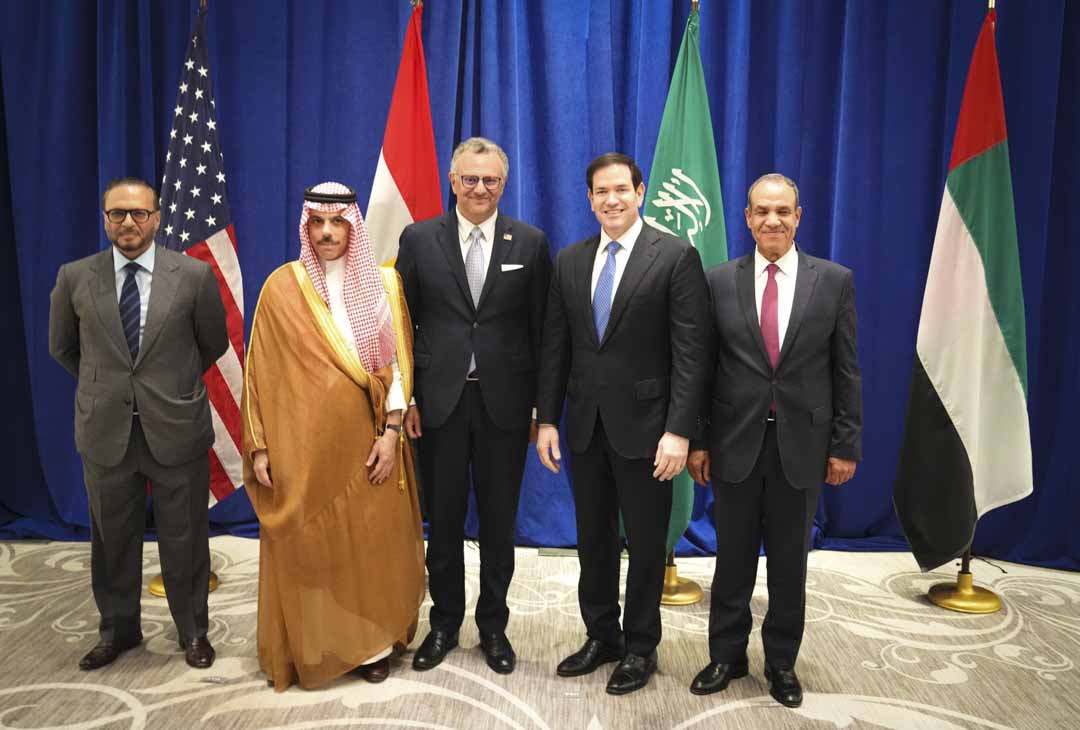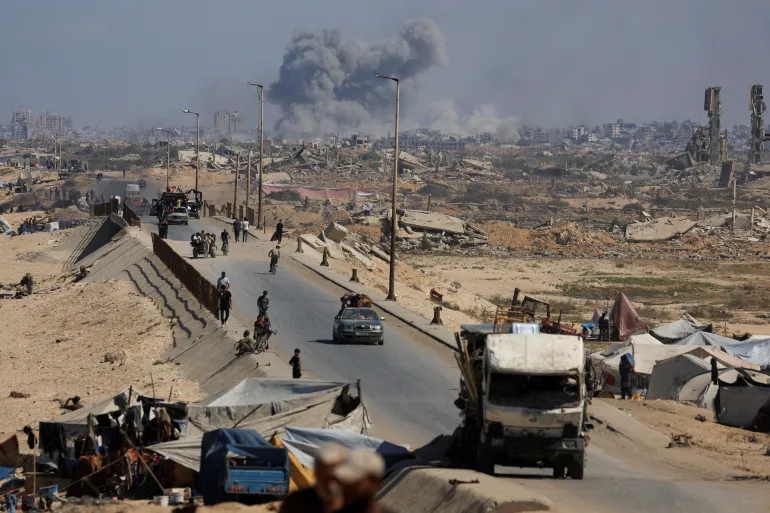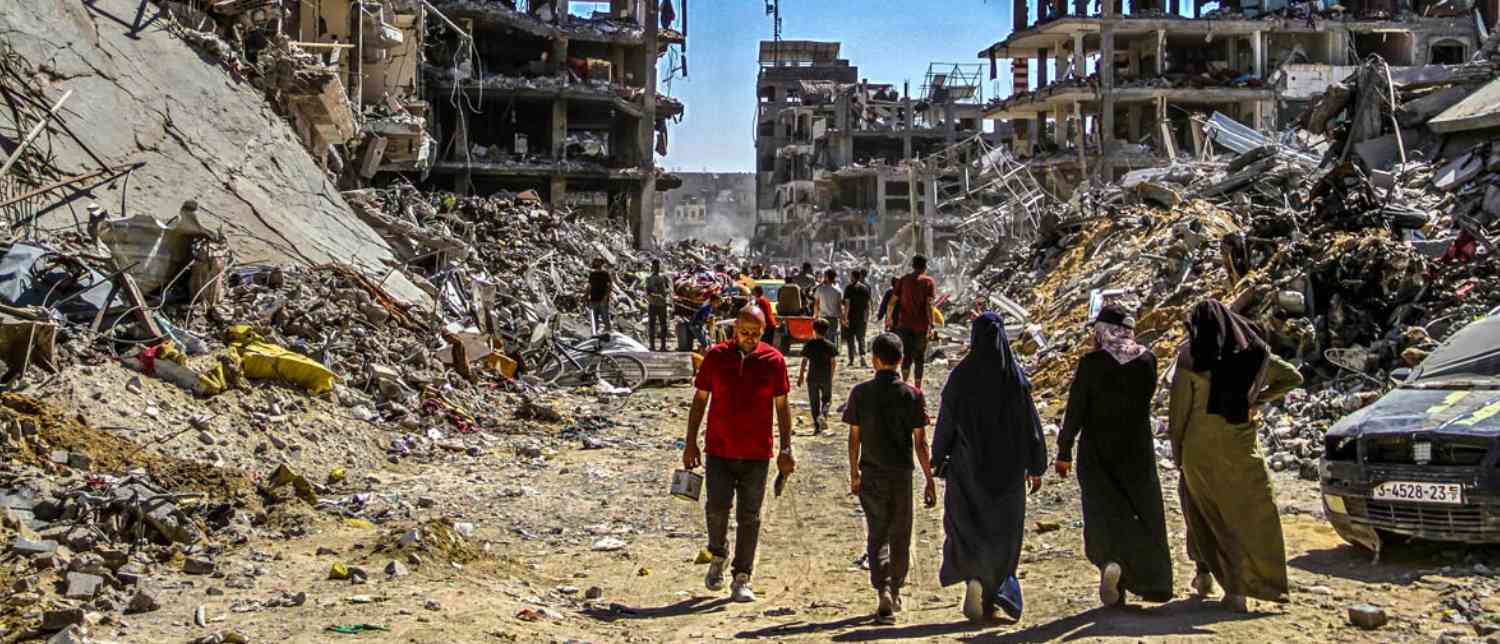The war in Gaza has been raging for many months, leaving thousands dead, millions displaced, and an entire population living under constant fear and uncertainty. Yet, there may be a faint sign of hope. Hamas has announced that it is willing to discuss ending the fighting if certain “guarantees” can be agreed upon. These guarantees are not simply about stopping the war; they would aim to ensure that conditions in Gaza improve and that Palestinians can rebuild their lives without fear of further attacks. The critical question is whether Israel will be prepared to accept these terms.

Hamas’s demands revolve around clear promises for the future. They want a complete halt to Israeli military operations inside Gaza, protection for Palestinian civilians and aid workers, and unrestricted access for humanitarian supplies such as food, medicine, and fuel. They also call for the reconstruction of homes and infrastructure devastated by months of airstrikes and ground battles. Crucially, Hamas insists that these guarantees must be backed and enforced by international mediators to prevent the ceasefire from breaking down, as has happened repeatedly in the past.
Israel, however, sees things very differently. Israeli leaders have long warned against any agreement that would allow Hamas to regroup and strengthen its military capacity. Their priority is the safety and security of Israeli citizens, and they maintain that ending the war without dismantling Hamas’s ability to launch attacks would be a serious risk. From Israel’s view, Hamas’s demands could effectively leave the group in control of Gaza indefinitely, something Israel has consistently opposed.

International mediators, including Egypt and Qatar, as well as the United Nations and the United States, are working to find middle ground between these opposing positions. Some proposals involve a phased approach — starting with an immediate humanitarian ceasefire, followed by a gradual Israeli withdrawal, international monitoring of Gaza, and later political discussions on the territory’s future governance. While this could give both sides partial satisfaction, it still requires a level of trust that is almost non-existent at present.
Ending the Gaza war is not only about saving lives; it could also reduce tensions across the Middle East. Protests and unrest linked to the conflict have spread to other countries, damaged diplomatic efforts elsewhere, and fuelled hostility between communities. Wars often end through compromise rather than total agreement, and in this case, both Hamas and Israel are seeking guarantees that could, in theory, be merged into a balanced deal — one focusing on civilian protection and rebuilding, while ensuring security and preventing attacks.
However, trust remains the biggest hurdle. Previous ceasefires have failed because each side accused the other of violating terms, making both wary of future agreements. If talks breakdown now, the war will likely continue, leading to more civilian deaths, greater destruction of infrastructure, worsening humanitarian conditions, and an increased risk of the conflict spreading beyond Gaza.

Looking ahead, peace will depend on both parties making concessions they may not like. Hamas may have to tolerate some oversight of Gaza’s governance, while Israel might have to accept international guarantees for civilian safety. Mediators will play a critical role in ensuring these promises are upheld. Whether Israel agrees will ultimately depend on whether the guarantees protect its long-term security, while Hamas must decide if achieving some safety now is better than risking further devastation in pursuit of larger demands. The coming days and weeks will show whether this rare opportunity for dialogue can lead to a genuine path towards ending the Gaza war.
With inputs from agencies
Image Source: Multiple agencies
© Copyright 2025. All Rights Reserved. Powered by Vygr Media.
























